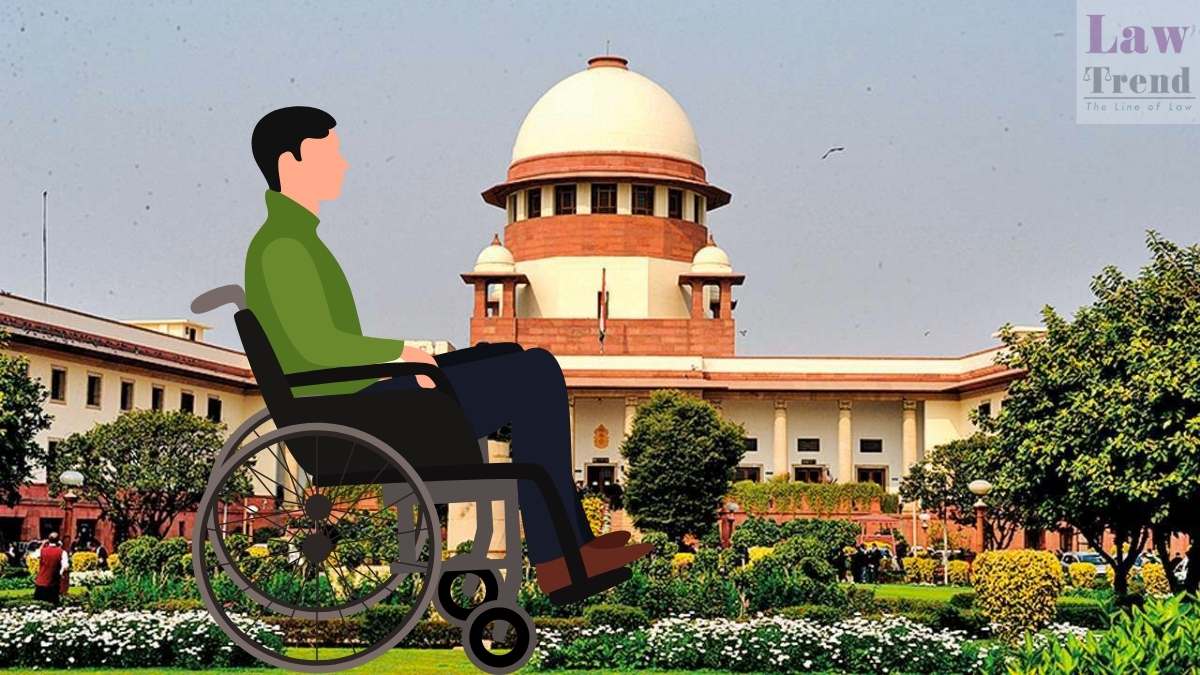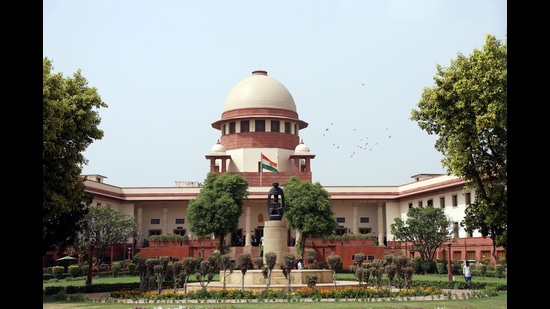A formidable legacy in securing disability rights is built on decades of advocacy, legislation, and awareness-raising efforts aimed at ensuring equal opportunities and rights for people with disabilities. Pioneering movements and legal reforms have played a crucial role in dismantling barriers, both physical and societal, that prevent individuals with disabilities from fully participating in society.

Source:- bbc news
In the United States, the passage of the Americans with Disabilities Act (ADA) in 1990 marked a watershed moment in disability rights, prohibiting discrimination in employment, public services, and transportation. It provided legal protections and promoted accessibility in public spaces, fundamentally changing the landscape for people with disabilities.
Source:- news 28
Globally, the United Nations Convention on the Rights of Persons with Disabilities (CRPD), adopted in 2006, further cemented the rights of individuals with disabilities as human rights, pushing for inclusive education, equal employment, and participation in all aspects of life. This international framework has inspired numerous countries to introduce and strengthen national legislation protecting disability rights.
In India, the Rights of Persons with Disabilities Act (RPWD) of 2016 was a significant step in recognizing the rights of people with disabilities. This legislation expanded accessibility, education, and employment opportunities, as well as ensuring the right to live independently and participate in political, social, and cultural life.
Beyond legislation, the disability rights movement has seen advocates raise awareness and push for cultural shifts in how society views disability. Organizations and activists have fought for the integration of disability rights into the broader human rights agenda, emphasizing the need for social inclusion and recognition of diversity.
This formidable legacy continues to inspire and empower individuals with disabilities, advocating for a world where they are no longer marginalized but celebrated for their contributions to society.
Share your views in the comments

